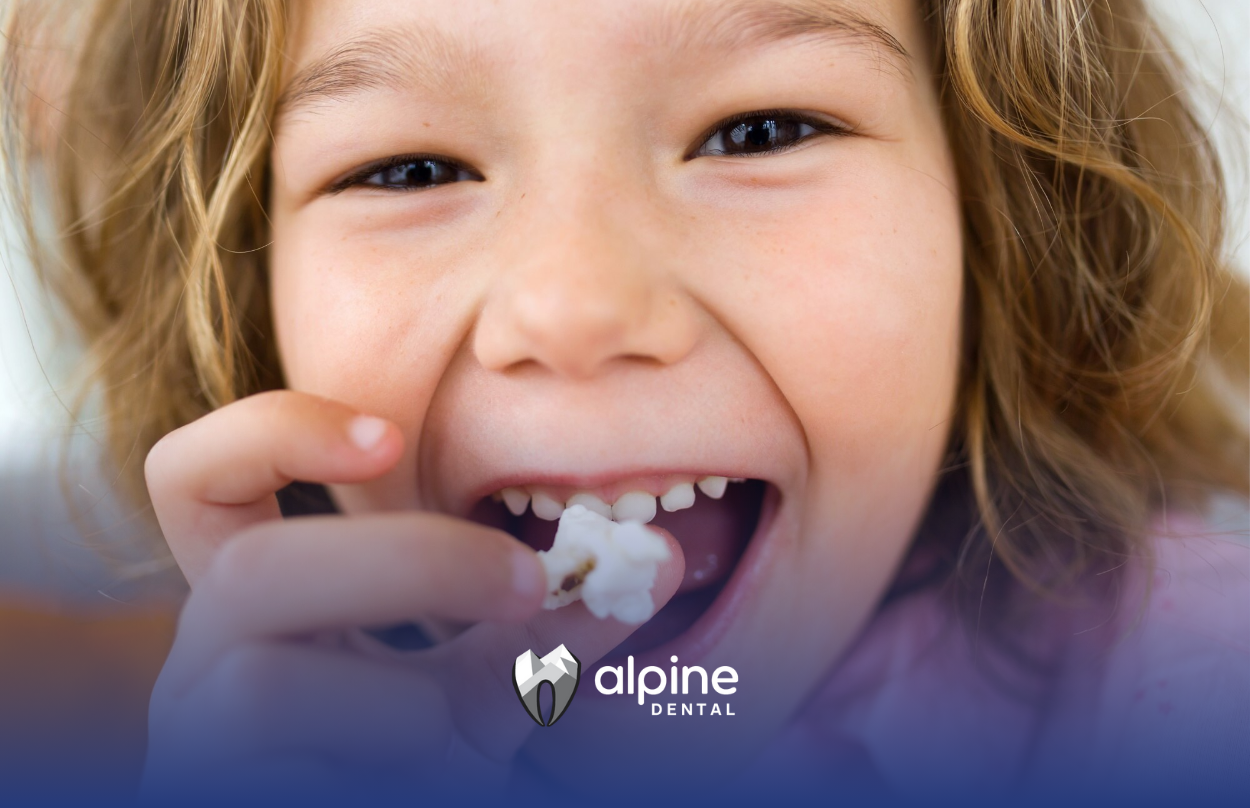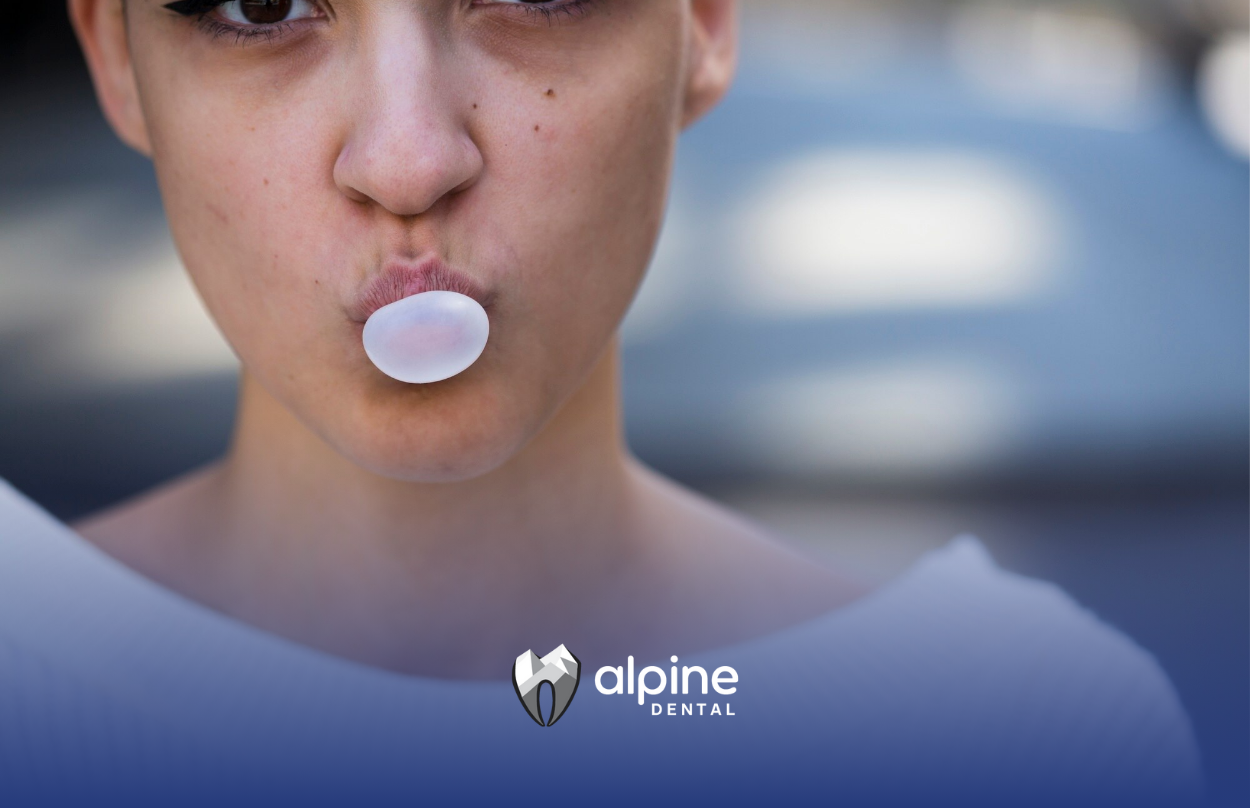Diet and Oral Health: A Comprehensive Guide to a Healthy Smile
When we think about maintaining good oral health, brushing, flossing, and regular dental visits often come to mind. But did you know that your diet plays an equally important role in keeping your teeth and gums healthy? The foods you eat not only provide the nutrients necessary for strong teeth but also influence your risk of developing dental problems like cavities, gum disease, and enamel erosion.
In this article, we’ll explore the intricate relationship between diet and oral health, discuss how specific nutrients impact your teeth, and provide actionable tips for preventing dental diseases through better food choices. We’ll also highlight how Alpine Dental in Lakewood, NJ can help you maintain a healthy smile.
How Does Your Diet Impact Your Oral Health?
Your diet directly affects your oral health in several ways:
- Nutrient Supply: Vitamins and minerals like calcium, phosphorus, and vitamin D are essential for building and maintaining strong teeth and gums.
- Acid Production: Foods high in sugar or starch feed harmful bacteria in your mouth, leading to acid production that erodes enamel and causes cavities.
- Saliva Stimulation: Certain foods stimulate saliva production, which helps wash away food particles and neutralize acids.
- Protective Effects: Some foods have natural anti-cariogenic properties that protect against tooth decay.
The impact of diet on oral health is significant enough that poor eating habits can negate even the best oral hygiene practices.
Diet, Nutrition, and the Prevention of Dental Diseases
A balanced diet is crucial for preventing common dental issues like cavities, gum disease, and enamel erosion. Here’s how nutrition plays a role:
1. Dental Caries (Cavities)
- Cause: Frequent consumption of sugary or starchy foods leads to acid attacks on enamel.
- Prevention: Limit sugary snacks and drinks while incorporating protective foods like dairy products (rich in calcium) and fibrous vegetables.
2. Gum Disease (Periodontitis)
- Cause: Deficiencies in vitamins like C and D can weaken gum tissue and exacerbate inflammation.
- Prevention: Eat a diet rich in fruits, vegetables, and omega-3 fatty acids to reduce inflammation.
3. Enamel Erosion
- Cause: Acidic foods and beverages like soda, citrus fruits, and wine erode enamel over time.
- Prevention: Rinse your mouth with water after consuming acidic items and include enamel-strengthening foods like cheese or yogurt.
What Causes Loss of Tooth Enamel?
Tooth enamel is the hardest substance in the human body, but it isn’t indestructible. Enamel erosion occurs due to:
- Frequent exposure to acidic foods/drinks
- Poor oral hygiene leading to plaque buildup
- Dry mouth (reduced saliva flow)
- Medical conditions like acid reflux or bulimia
- Teeth grinding (bruxism)
Once enamel is lost, it cannot regenerate because it lacks living cells.
Foods That Promote Oral Health
Incorporating the right foods into your diet can significantly improve your oral health:
1. Calcium-Rich Foods
- Examples: Milk, cheese, yogurt, almonds
- Benefit: Strengthen teeth by replenishing lost minerals.
2. Phosphorus-Rich Foods
- Examples: Eggs, fish, lean meats
- Benefit: Works with calcium to rebuild tooth enamel.
3. Vitamin C
- Examples: Oranges, strawberries, bell peppers
- Benefit: Supports healthy gums by boosting collagen production.
4. Fibrous Vegetables
- Examples: Broccoli, carrots, celery
- Benefit: Stimulate saliva production to neutralize acids.
5. Water
- Benefit: Keeps your mouth hydrated and washes away food particles.
Foods to Avoid for Better Oral Health
Certain foods can harm your teeth if consumed frequently:
- Sugary snacks (e.g., candy): Feed bacteria that cause cavities.
- Acidic beverages (e.g., soda): Erode enamel over time.
- Sticky foods (e.g., dried fruit): Adhere to teeth longer than other foods.
- Simple carbohydrates (e.g., white bread): Break down into sugars that fuel harmful bacteria.
Tips for Protecting Your Teeth Through Diet
- Drink fluoridated water to strengthen enamel.
- Chew sugar-free gum after meals to stimulate saliva.
- Avoid snacking between meals to limit acid attacks.
- Use a straw when drinking acidic beverages to minimize contact with teeth.
- Pair acidic foods with neutralizing items like cheese.
How Alpine Dental Can Help
At Alpine Dental in Lakewood, NJ, we understand that maintaining good oral health goes beyond brushing and flossing—it’s about making informed lifestyle choices too. Our team is here to guide you every step of the way with personalized care plans tailored to your needs.
Here’s how we can help:
- Preventive Care: Regular cleanings remove plaque buildup caused by poor dietary habits.
- Fluoride Treatments: Strengthen weakened enamel through professional fluoride applications.
- Advanced Diagnostics: Using state-of-the-art technology like digital X-rays, we detect early signs of decay or erosion linked to diet.
- Patient Education: We empower you with knowledge about how your food choices impact oral health.
Whether you’re dealing with cavities or simply want tips for maintaining a healthy smile, Alpine Dental is here for you!
Conclusion
Your diet plays a vital role in determining the health of your teeth and gums—what you eat can either protect or harm your smile over time. By making smart food choices and maintaining good oral hygiene habits, you can significantly reduce your risk of dental diseases while enjoying better overall health.
Ready to take control of your oral health? At Alpine Dental in Lakewood, NJ, we’re here to support you with expert care tailored just for you! Call us today at (732) 934-1888 or schedule an appointment online via
appointments@alpinedentalnj.com—because every great smile starts with great care!
Frequently Asked Questions (FAQs)
Will my teeth improve if I stop eating sugar?
Yes! Reducing sugar intake deprives harmful bacteria of their primary food source, lowering the risk of cavities and gum disease.
What is the relationship between diet and dental caries?
Sugary or starchy diets fuel bacteria that produce acid as a byproduct, leading to tooth decay over time.
Does eating soften tooth enamel?
Certain acidic foods can temporarily soften enamel; however, saliva helps remineralize it if exposure is limited.
What is considered a healthy diet?
A balanced diet includes fruits/vegetables (for vitamins), dairy products (for calcium), lean proteins (for phosphorus), whole grains (for fiber), and ample water.
How does poor oral hygiene affect quality of life?
Poor oral hygiene leads to issues like bad breath, tooth loss, pain from cavities/gum disease—all of which can affect self-esteem and overall well-being.
Sources:
https://pmc.ncbi.nlm.nih.gov/articles/PMC8276823/
https://pmc.ncbi.nlm.nih.gov/articles/PMC9690391/
https://dentistry.uic.edu/news-stories/the-best-foods-for-a-healthy-smile-and-whole-body/
https://nutritionsource.hsph.harvard.edu/oral-health/
https://www.healthline.com/health-news/poor-oral-health-may-lead-to-a-decline-in-brain-health#1
https://www.ada.org/resources/ada-library/oral-health-topics/nutrition-and-oral-health




